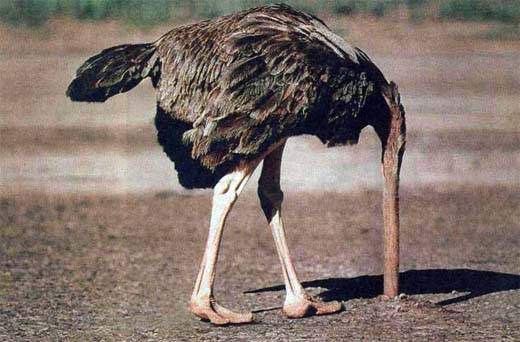
Whenever the advocates of a particular circumstance feel the need to justify that outcome and to argue for its continuation by resorting to variations of the phrases “but this time it’s different” then you better watch out by running to the hills These explanations proved to be wildly inaccurate during the dot com bubble and bordered on being irresponsible during the subprime crisis of two years ago just to name two recent such occasions.. I am concerned that history is repeating itself, this time in Lebanon, and very few people are heeding the few calls for caution.
Financial inflows are the most commonly given explanation about the strength of the Lebanese economy and the current high level of prices in the Lebanese real estate sector. At least that is what Riad Salameh, the head of the Lebanese Central Bank, keeps emphasizing. The figures speak for themselves. According to some estimates the financial capital inflows are currently running at over $7 billion per annum which makes such inflows about 25 % of the Lebanese GDP. This astoundingly high proportional figure is the highest of its kind in the world. As a result one has to ask why Lebanon is in such a unique situation globally when compared to other countries in similar situations. The answer might surprise you since it is counter intuitive. Lebanon is not insulated from the global economy as a result of the shrewd policies of its monetary and fiscal authorities but just the opposite. The flow of financial capital into the commercial banks is a direct result of the historically low interest rates in the rest of the world. Many of the Lebanese expatriates have decided to take advantage of the interest rate premium that the Lebanese banks in collaboration with the Lebanese Central Banks have been able to pay. Make no mistake about it this premium in interest rates would not have been forthcoming had it not been for the direct interference of the Lebanese Central Bank that paradoxically keeps on preaching the importance and efficiency of market fundamentalism. It is rather confusing when the most powerful economic institution in the country does not practice what it preaches. What will happen if these flows that are not controlled by Lebanon are to either stabilize or maybe even decrease not to mention the possibility of repatriation? Mr. Salameh, in addition to the Ministry of Finance and the PM assume that these abnormal and unhealthy circumstances will persist when their optimism rests on nothing but a leap of faith that the world financial markets will stay in a funk.
The flows are abnormal since they result from the Lebanese central banks’ willingness to accommodate such flows. Since an interest rate is essentially the price of a commodity, money, then is it reasonable to expect the Lebanese to go on paying a price for this commodity that is a multiple of the world price? Bur another related and arguably more important result of these excessive and abnormal capital flows is the rather limited investment options into which these flows can go. What is very clear is that the bulk of these flows are being channeled into the real estate sector. Undoubtedly, such a high tempo of activity has its benefits if for nothing else but for the fact that construction is labour intensive and so it does provide a decent number of jobs for a large number of wage earners and labourers. Under normal circumstances a healthy commercial and residential sector will be a net benefit to the economy. But unfortunately this is not the case in Lebanon. This excessive liquidity from expats when combined with the flow of funds from the Gulf states has increased the demand for the relatively scarce available land to such an extent that the prices have increased substantially. The high cost of raw land combined with the demand from the well to do expats and Gulf Arabs s demand for second homes made it imperative for the developers to concentrate on luxury buildings. As a result there has been huge increase in the prices of real estate that have permeated all segments of the market. It is true that real estate financing still follows rather conservative standards but what goes unchallenged is that a bubble in real estate does not always need to be combined with a financial crisis. A bubble simply means that the current price levels have become unsustainable and therefore losses will have to be absorbed by someone. That party might not be the commercial lenders but it could be the developers themselves. On a macroeconomic level that is not as material. The affordability index in Lebanon must be at an all time low. Young couple whose annual income is under $30,000 does not have many options available to them to purchase say a 150 sm apartment for $200,000 when the maximum that they could afford is possibly $75,000.00
The Lebanese economy is at the horns of a dilemma. It is badly in need of the imported capital in order to meet the debt service generated by a profligate economic policy but the only means of attracting that required capital is creating a real estate bubble that is marginalizing more and more of the Lebanese populace. Yet the conventional wisdom among the Lebanese policy makers insist that nothing is wrong. Time will tell who is right and who is wrong but this observer is convinced that the Lebanese economy is moving with an unprecedented speed towards the abyss. I would be a very glad to be proven wrong.
The “This time it’s different crowd” is as usual wrong. Only delusional people believe that the current level of Lebanese sovereign debt is sustainable and that the high prices in the real estate sector are a sign of health. No matter how hard you wish the laws of gravity have not been repealed even though we might sincerely wish pigs to fly.




No comments:
Post a Comment